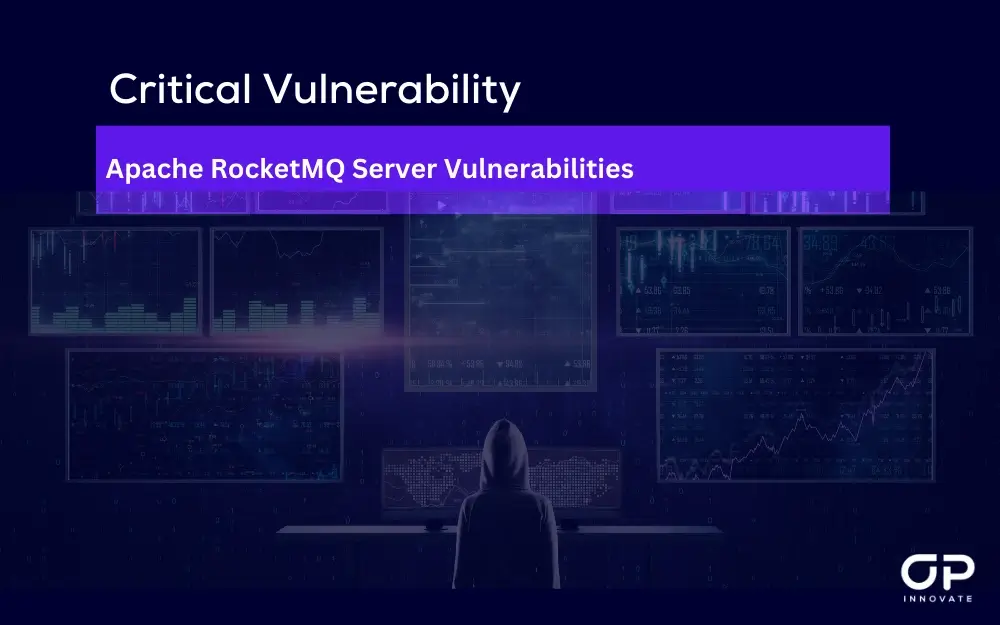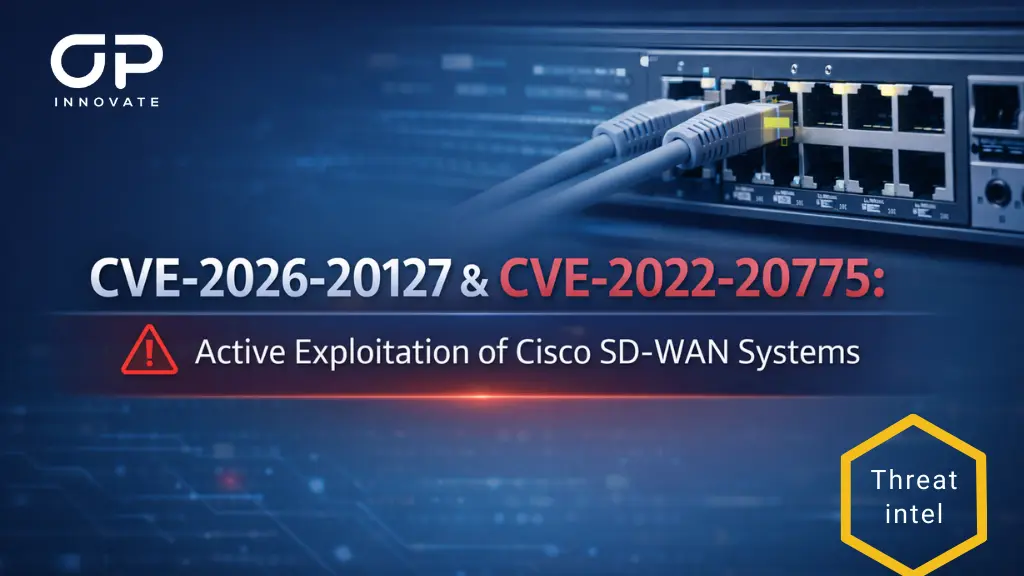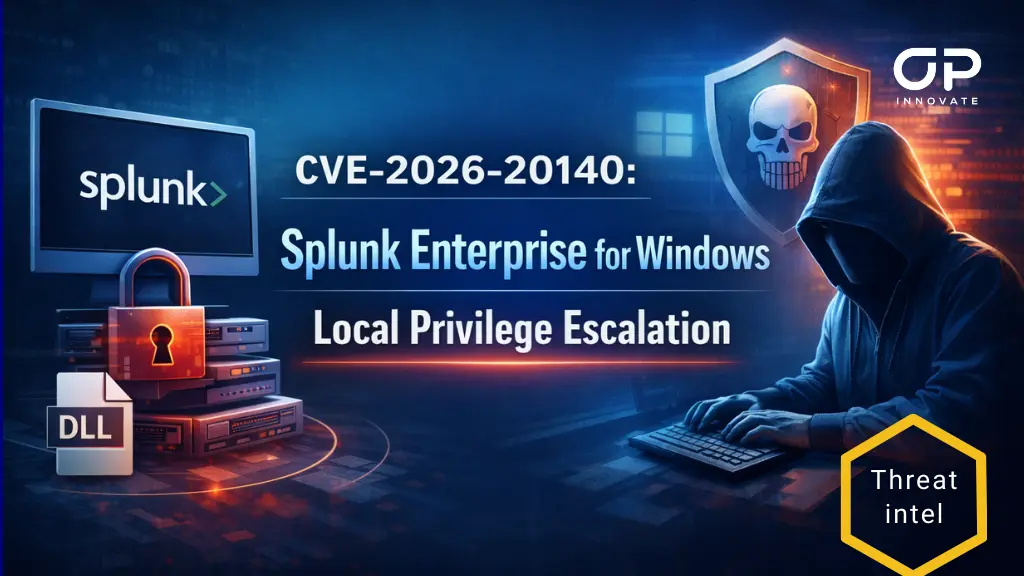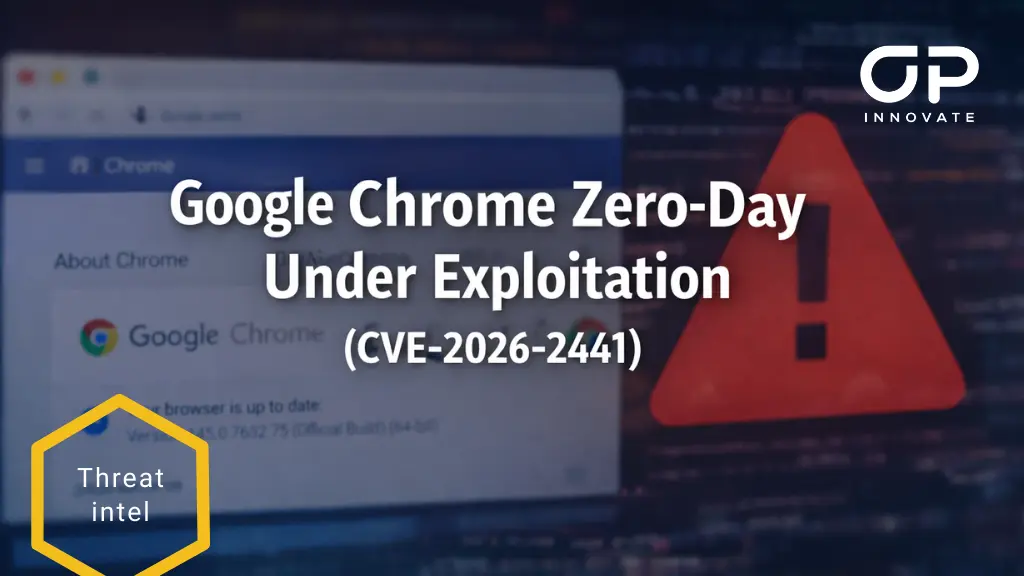Security researchers have identified a surge in cyber attacks targeting Apache RocketMQ servers. These attacks exploit critical vulnerabilities, specifically CVE-2023-33246 and CVE-2023-37582, which pose a remote command execution (RCE) risk.
Details of Vulnerabilities
- CVE-2023-33246 and CVE-2023-37582: Both vulnerabilities are critical in severity and impact multiple components of Apache RocketMQ, including NameServer, Broker, and Controller.
- Incomplete Patch: Originally, a patch was released by Apache for CVE-2023-33246, but it was insufficient for the NameServer component in RocketMQ, continuing to affect versions 5.1 and older. The issue has evolved and is now also tracked as CVE-2023-37582.
- Attack Vector: Attackers exploit these vulnerabilities by using the update configuration function on the NameServer when its address is exposed online without proper permission checks. This allows execution of commands as the system users that RocketMQ runs as.
Exploitation in the Wild
- Increased Scanning Activity: Hundreds of IP addresses have been observed scanning or attempting to exploit vulnerable Apache RocketMQ services.
- Botnet Exploitation: Since at least August 2023, hackers have been targeting vulnerable systems, with incidents such as the DreamBus botnet leveraging CVE-2023-33246 to deploy XMRig Monero miners on affected servers.
- CISA Warning: In September 2023, the U.S. Cybersecurity and Infrastructure Security Agency (CISA) urged federal agencies to patch the flaw, highlighting its active exploitation status.
Recommendations
- Upgrading Apache RocketMQ: It is advised to upgrade the NameServer to version 5.1.2/4.9.7 or above for RocketMQ 5.x/4.x to mitigate the vulnerabilities.
- Access Restricting: It is advised to limit all access to RocketMQ servers to authorized users and networks.
- Monitoring and Vigilance: Organizations should monitor their systems for any signs of these vulnerabilities being exploited and stay vigilant against potential attacks.
Conclusion
The exploitation of Apache RocketMQ servers through these vulnerabilities highlights the need for continuous monitoring and timely patching of critical components in distributed systems. Organizations using Apache RocketMQ should prioritize upgrading their systems and strengthen their security posture to defend against these active threats.









